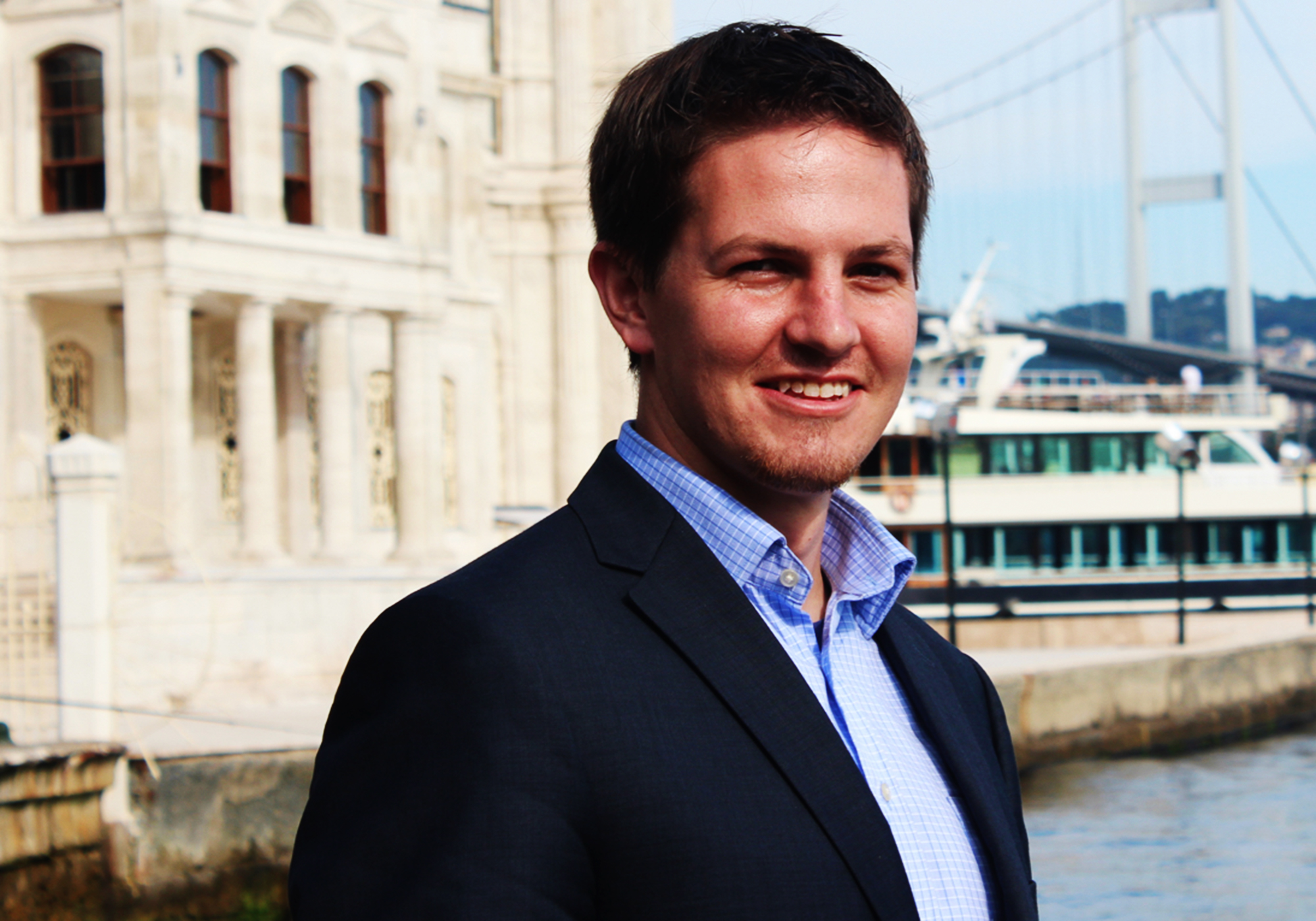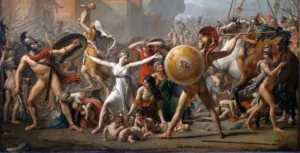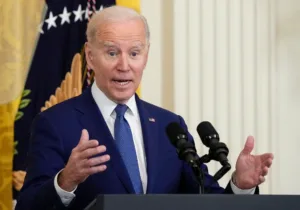Religious minorities hope the Iraqi protest movement can reshape the country to serve the interests of all Iraqis
Demonstrations on the streets of Baghdad continue even as the violence used against the protestors escalates.
Since protests resumed on October 24, hundreds of thousands of people have taken to the streets in Baghdad’s Tahrir Square and other key sites across southern Iraq, calling for profound changes to Iraq’s political system.
Images from the protests have been striking. From heroic “Tuk Tuk” ambulance rescues amidst clouds of teargas, to protest anthems and art displays promoting the unity and freedom of the Iraqi people, the emerging stories are inspiring.
Despite intense opposition to the protests and attempts to cut off information access, the protestors remain non-violent and started a newspaper for the protest movement. The reported death toll has climbed to more than 300, with scores more injured by security forces or militias. Many were injured when military-grade tear gas canisters were shot directly into the crowds.
The protests have focused on a few core problems that have deeply affected the country since the fall of Saddam Hussein following the US-led invasion in 2003. First, corruption that enriches elites also prevents the government from delivering services or combating high unemployment. Second, Iran has vast influence in Iraq’s political and economic life, and Iranian-backed militias, who participated in the fight against the Islamic State, have destabilized security throughout the country.
But the heart of the protests is a rejection of Iraq’s institutionalized sectarianism that influences everything from key government positions to the distribution of oil revenues.
Representatives from Iraq’s religious minority communities have communicated to me a profound sense of solidarity and an air of hope while I was in-country during the early days of these protests and by phone in the weeks since.
“These protests show that all Iraqi people are suffering. The way of suffering is different, but everyone is suffering from the government and these people,” said Fr. Salar Kajo, a Chaldean Catholic priest from Teleskof.
While Iraq’s Shi’a majority in the south have primarily led the protests, support seemingly comes from all corners, including artists from Sunni-majority Mosul, the Chaldean Catholic Patriarch Louis Sako, and beyond.
Iraq’s minority communities are watching the developments closely. They recognize this moment may be the country’s best chance in the post-Saddam Hussein era to address one of the central factors that pose an existential threat to them.
“Sectarian politics are one of the factors which has most affected minorities since 2003, as they were the weakest link in unequal conflict and in an environment with no role for the law,” said Mikhael Benjamin, director of the Nineveh Center for Minority Rights and an Assyrian Christian.
“Sectarian politics have destroyed the country. This system is the main reason of corruption,” said Dr. Qader Saleem Shammo an assistant lecturer at the University of Duhok and author of Yezidis in Iraq: Between Citizenship and Policies of Marginalization. “Based on this system, every political entity has its share of the profits and political posts in government, parliament, and all the institutions have been divided according to this system,” said Shammo.
The result has been the decimation of Iraq’s minority communities.
The Christian community, numbering as many as 1.4 million before 2003, is now down to well under 200,000. The Mandaean community in Iraq’s south now numbers just a few thousand, as 90 percent left the country between 2003 and 2019. Just since 2014, more than 400,000 Yazidis have been displaced. Tens of thousands have fled the country, many emigrating to Europe, and more than 3,000 abducted women and children are still missing. Within the Kurdistan region, 350,000 are still internally displaced, and less than 20 percent have returned to their homeland in Sinjar, even though it was liberated from ISIS in November 2015. Iraq’s once-thriving Jewish community is essentially non-existent––only the landmarks remain.
But for the first time in years, there is some sense the tide may be turning.
“These demonstrations are showing that a different Iraq is possible,” said Benjamin. “We want Iraq to have a national identity, to focus more on freedom, and be an Iraq with no control and interventions of other countries, especially Iran.”
Muna Yaku, professor of law at Salahaddin University in Erbil, said the aim of the protests “is not only about changing some certain people in the government, but it is changing all the people that brought failure to this government. It is a change in general to the nature of the government.”
The broad, public support for these demands challenges political elites in ways previous demonstrations did not.
After weeks of protests, Grand Ayatollah Ali al-Sistani, the most influential Iraqi Shi’a cleric, weighed in, calling on the government to meet the protestors’ demands. In his November 15 sermon, delivered by a representative in Karbala, he said, “If those in power think that they can evade the benefits of real reform by stalling and procrastination, they are delusional. What comes after these protests will not be the same as before, and they should be aware of that.”
Protestors call for immediate changes to the electoral law to make the process more representational. Additional constitutional amendments and reforms must still follow. Whether these reforms can be implemented effectively and expeditiously remains to be seen.
Major political blocs and figures who control the system have the most to lose, but for minorities––and for all Iraqis––these changes are necessary.
“The future prospects for the Yezidis and other minorities in Iraq heavily depend on the nature of the new Iraqi legal system—whether it will be based on Islamic law or a secular constitution which will grant equal rights to all Iraqi citizens,” said Shammo. “The best solution for Yezidis and other minorities in Iraq is secular and democratic rule based upon a secular constitution, vigorously implemented by the government and supported by the population, which respects the rights of all citizens regardless of their religious identity,” he said.
Core to the protestors’ demands is equality of all before the law, secured by a secular constitution that is not anti-religious but promotes a truly pluralistic Iraq.
“They are calling for the prohibition of sectarianism and asking to deal with all as Iraqis, not on any other basis,” said Benjamin.
If successful, this growing protest movement will bring about major legal and structural changes. But lasting success will require rebuilding a social fabric that conflict has torn apart for 15 years. Changes in law, even if drastic, will be insufficient.
The process will be long, but small, tangible steps can be taken now.
As Benjamin said, “We should be focusing on economic development, basic freedoms, and developing a country with strong sovereignty, with an identity not based on religion or ethnicity as a base but a common cultural heritage.”
If there are any questions for what that might look like, the streets of Baghdad are a good place to begin.







 Live in the DC area? Sign-up for Providence's in-person events list!
Live in the DC area? Sign-up for Providence's in-person events list!